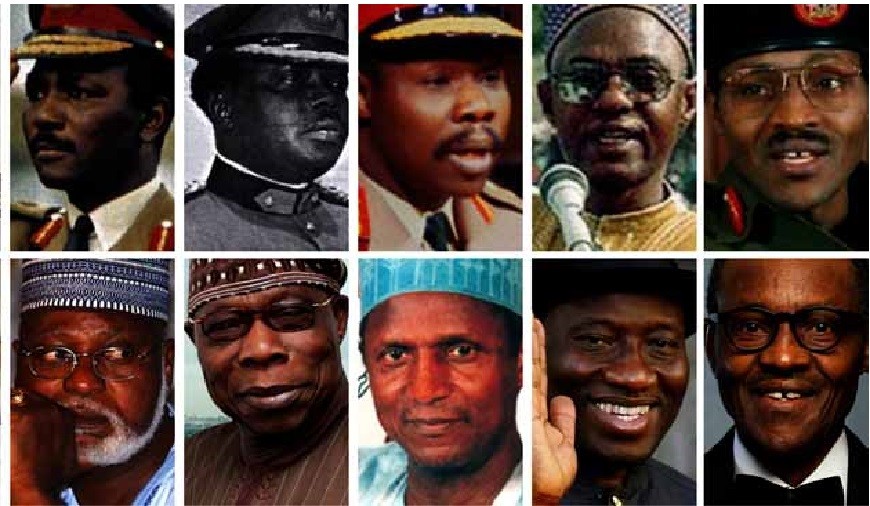Nigeria is one of the many countries yet to have a woman as either Head of State or Head of Government and the United Nations (UN) and the National Human Rights Council (NHRC) have captured why such feat seems like an uphill task.
Raising an alarm, the UN Secretary General, António Guterres, on Monday(International Women’s Day) , decried the limiting factors stopping women from maximizing their potentials especially in their respective home countries but noted the determination of a few of them.
Advertisement
“Even as women have played critical roles during #COVID19, we have seen a roll-back in hard-won advances in women’s rights. It is time to build an equal future. This is job for everyone – and for the benefit of everyone,” he tweeted.
The UN “Women-In-Politics-Map-2020” report, as seen by our correspondent, showed that only 21 countries of the world (out of 195 countries) have women occupying its highest political office.
They are: “Bangladesh (HG), Barbados (HG), Belgium (HG), Bolivia (Plurinational State of) (HS/HG), Denmark (HG), Estonia (HS), Ethiopia (HS), Finland (HG), Georgia (HS), Germany (HG), Iceland (HG), Nepal (HS), New Zealand (HG), Norway (HG), San Marino (HS), Serbia (HG), Singapore (HS), Slovakia (HS), Switzerland (HS/HG); and Trinidad and Tobago (HS).”
The United Nations Economic and Social Council further stated that the huge gap between the number of men occupying top political positions and women had made it difficult to achieve gender parity.
Advertisement
It held that while women were gradually advancing in other areas of public life, every nation should make its political structure flexible enough for women aspire to the highest position.
It also observed that traditions and norms were major factors trying to hinder women from exploring their potentials as well as the opportunity of leading a country.
For instance, the idea of a woman laying claim to her father’s property is a taboo in some parts of Nigeria.
But the UN Council observed that it was time for those in power to change the narratives in politics so that women can aspire to be president.
“There has been progress in the increase in the number of women elected or appointed to decision-making positions, but full gender parity is far from being reached, and women rarely hold leadership positions in executive and legislative offices.
Advertisement
“Gaps remain because of persisting structural constraints and barriers that reinforce discriminatory norms, practices and policies. Political will to change power relations in accordance with international commitments with regard to gender equality is lacking,” it stated in the report (dated December 21, 2020).
On his part, the Executive Secretary of the National Human Rights Commission (NHRC), Tony Ojukwu Esq., said that Sexual and Gender Based Violence (SGBV) were negatively affecting the moral of many Nigerian girls and women.
He said amid the stigmatization in various forms, the government needed to step up in protecting the rights of women.
“They deserve an equal future free from stigma, stereotype and violence; the future that is sustainable, peaceful with equal rights and opportunities for all.
“Let’s all choose to challenge inequality and violence against women, equality for women is progress for all, countries with higher level of gender equality have higher economic growth and better protection for rights of women; for instance, women participation in peace and security work and women negotiators will increase the chances of sustainable peace,” Ojukwu said in a statement issued by NHRC’s Deputy Director Public Affairs, Fatimah Agwai Mohammed.
On what the Commission was doing to address some of these challenges, the NHRC Executive Secretary said the commission had established the Special Investigation Panel on Sexual and Gender Based Violence to help address the ills against women.
Advertisement
He urged affected women to approach the panel as it has local and international support to “receive, hear and investigate complaints of SGBV and make appropriate determinations/recommendations from their findings.”



